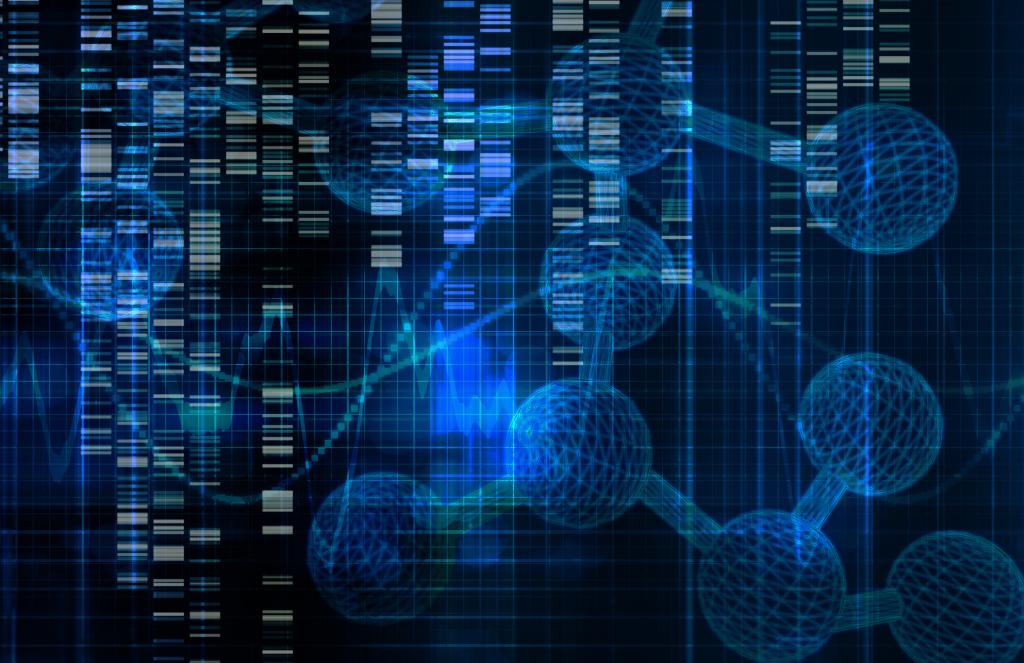Admission CTAs
Kashanchi Studying Effects Of Cocaine On Production Of Extracellular Vesicles
Fatah Kashanchi, School of Systems Biology Professor, Laboratory of Molecular Virology, received $66,065 from the U.S. Department of Health and Human Services (National Institutes of Health) and Harvard University for the project:"Cocaine induces production of infectious large extracellular vesicles (lEV) and regulates neuro-inflammation."
Researchers in the Kashanchi lab will be responsible for the planning and design of all experiments in Aims I, II, and III. Most of the work with Aim I and Aim II will be performed in the Kashanchi lab, including use of cocaine for enhancement of the large extracellular vesicles (EVs) containing immune modulatory components and miRNAs, such as miR-34a.
Researchers in Kashanchi's lab will also purify the EVs to homogeneity and characterize them using NanoSight nanoparticle tracking analysis, proteomics and RNA-sequencing, measurements of Zeta potential, and by examining size distribution. They will characterize large EVs released from infected cells in the mouse double minute family (MDMs), in the presence or absence of cocaine.
Finally, the scientists will obtain data on batch reproducibility similar to past performance since 2013. The lab has published more than 23 papers since 2013 on EV isolation and
characterizations from six different virally infected cells.
Funding for this work began in July 2020 and will end in late June 2022.
